Lockheed Martin has been awarded a $113 million contract by the U.S. Naval Sea Systems Command to supply its Surface Electronic Warfare Improvement Program (SEWIP) systems, marking the first international sale of this shipboard electronic warfare technology to Japan.
This contract, part of the Foreign Military Sales (FMS) programme, includes SEWIP Block 2 AN/SLQ-32(V)6 and AN/SLQ-32C(V)6 systems for both the U.S. Navy and Japan.
The contract extends an existing SEWIP production agreement, underscoring the strategic partnership between the U.S. and Japan. The acquisition enables Japan to employ the same advanced systems used by the U.S. Navy, enhancing maritime defence, increasing situational awareness, and improving interoperability between the two nations’ navies.
“The SEWIP programme has proven critical for the U.S. Navy in early threat detection,” said Deon Viergutz, vice president of Spectrum Convergence at Lockheed Martin Rotary & Mission Systems.
“With this initial purchase by Japan, we aim to expand this key technology globally, establishing a robust network of electronic surveillance capabilities that allows U.S. and allied forces to adapt to evolving threats.”
The SEWIP Block 2 system, which entered full-rate production in 2016, has significantly strengthened the U.S. Navy’s surface fleet by enhancing anti-ship missile defence and situational awareness. Now deployed on numerous Arleigh Burke-class destroyers and expected to be installed on Littoral Combat Ships and the U.S. Coast Guard’s Offshore Patrol Cutters, SEWIP Block 2 enables ships to detect and assess anti-ship missile threats via radio frequency signals.
With over 130 units produced as part of a long-standing collaboration with the U.S. Navy, Lockheed Martin’s SEWIP Block 2 systems provide a broad operational advantage, thanks to their expanded frequency range, increased sensitivity, advanced electromagnetic interference protection, and a scalable open architecture.
Work under the new contract will be conducted at Lockheed Martin’s facilities in Liverpool, New York, and Lansdale, Pennsylvania, and is scheduled for completion by October 2026.


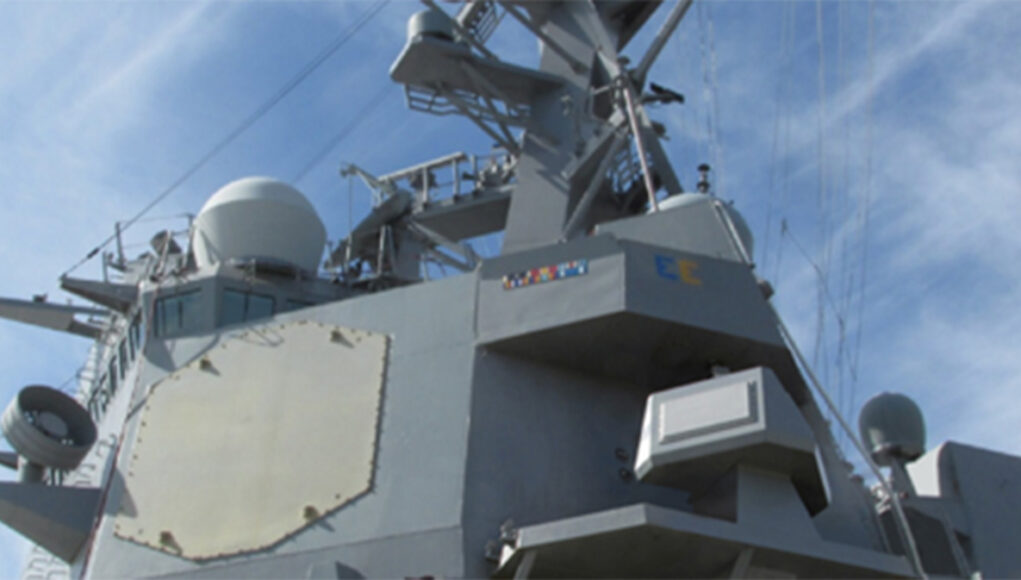
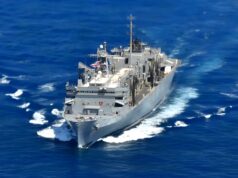

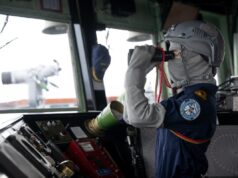



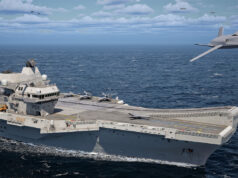

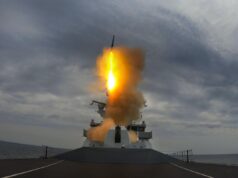
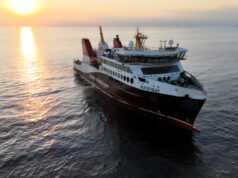

Very interesting. The Canadian River class Type 26 variants are also getting SLQ-32(V)6.